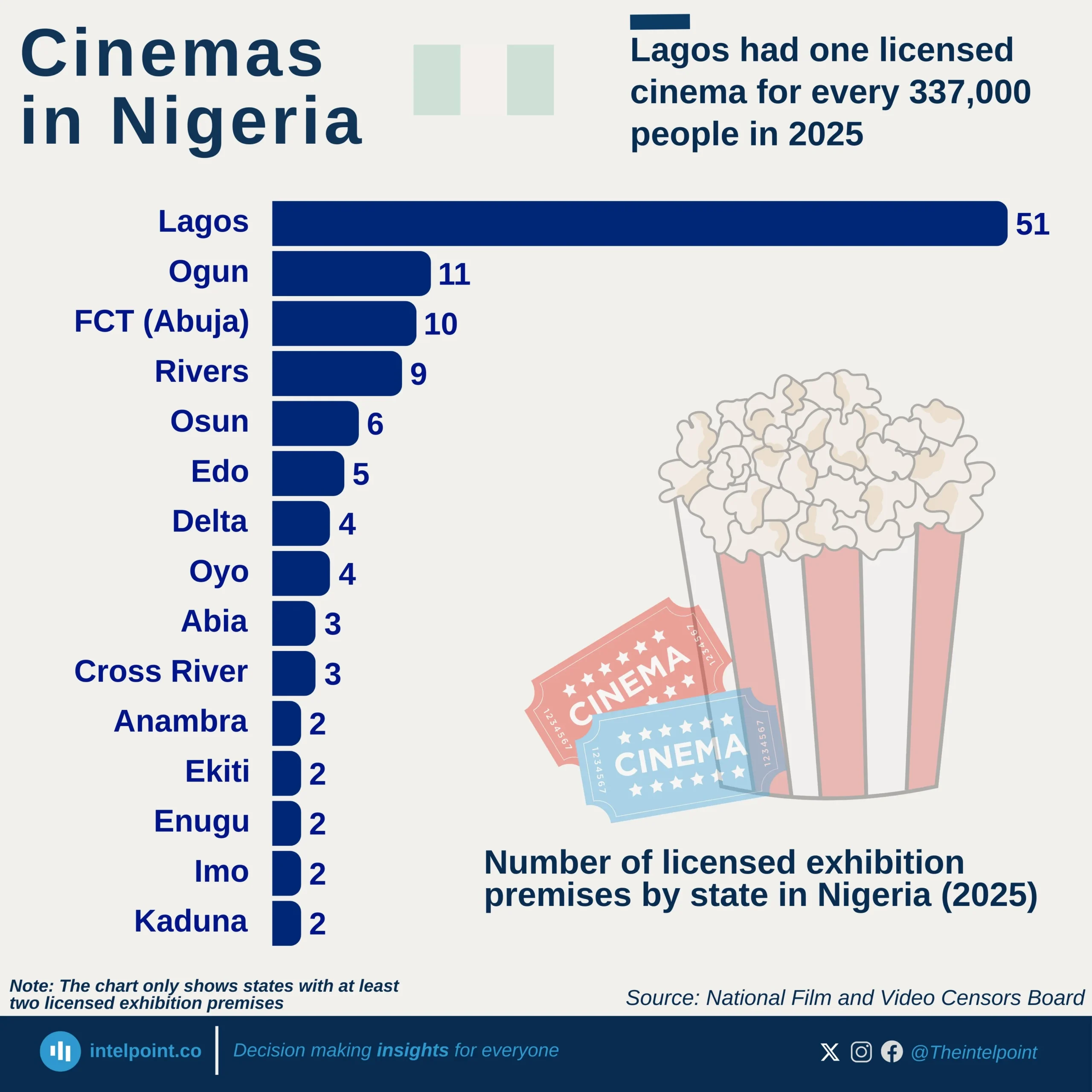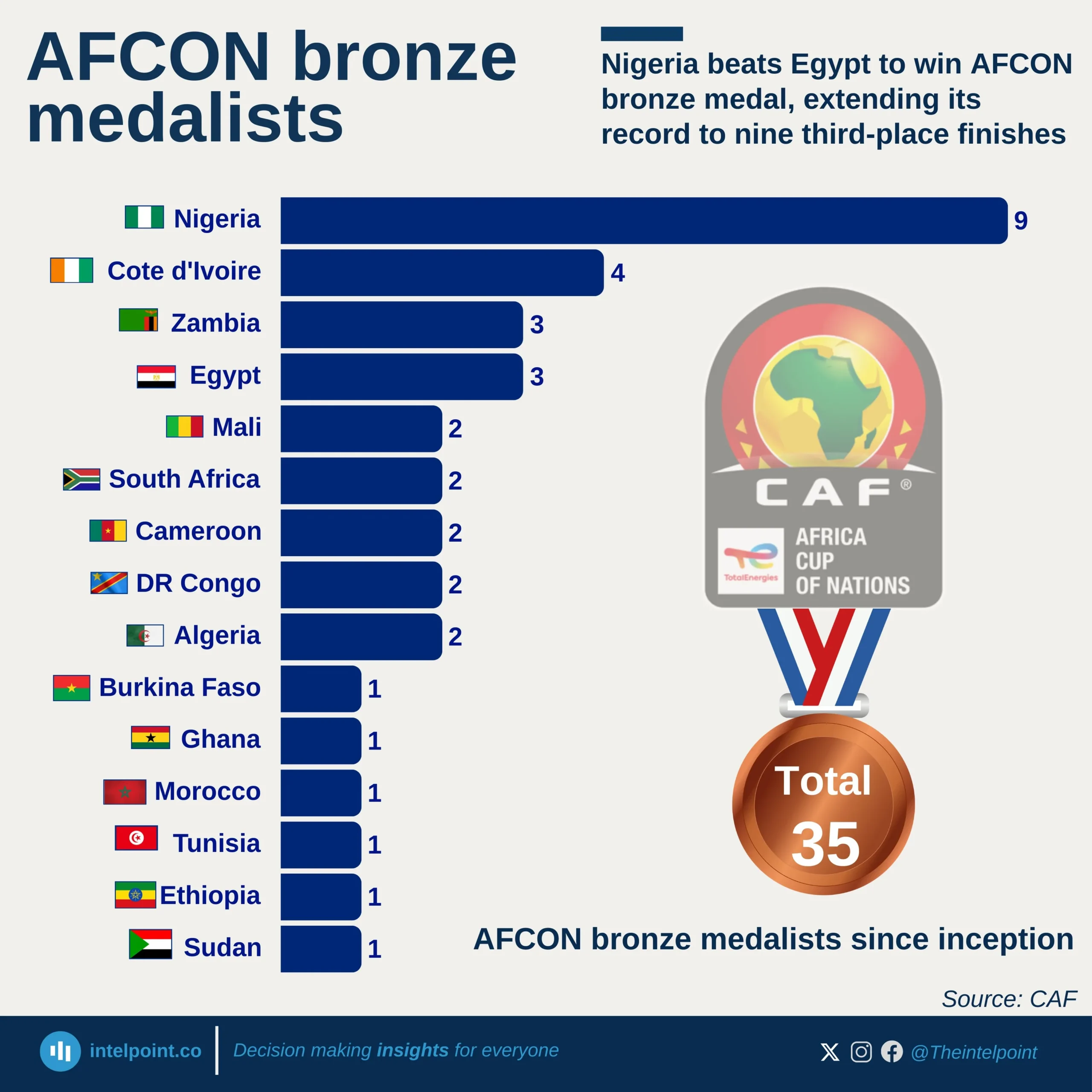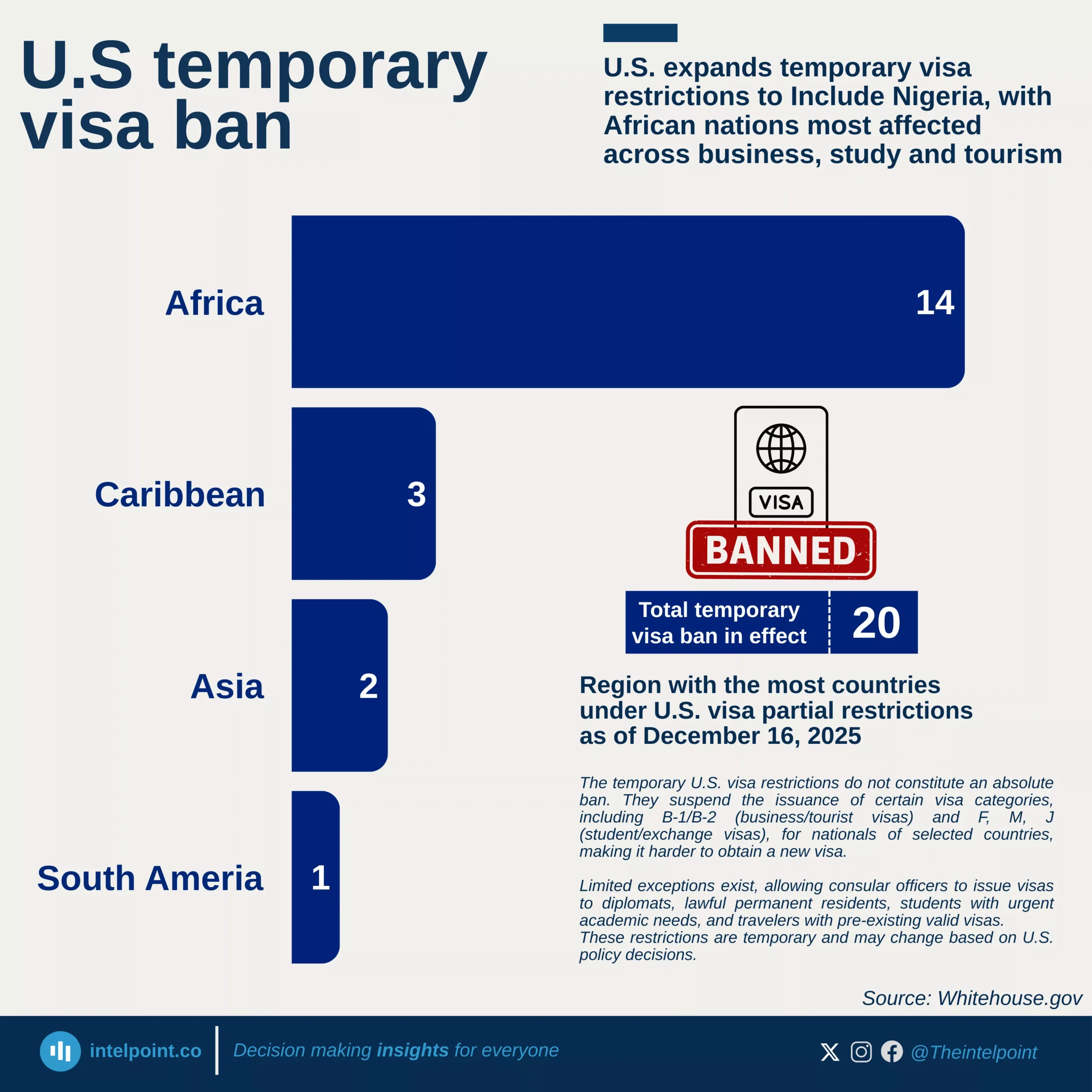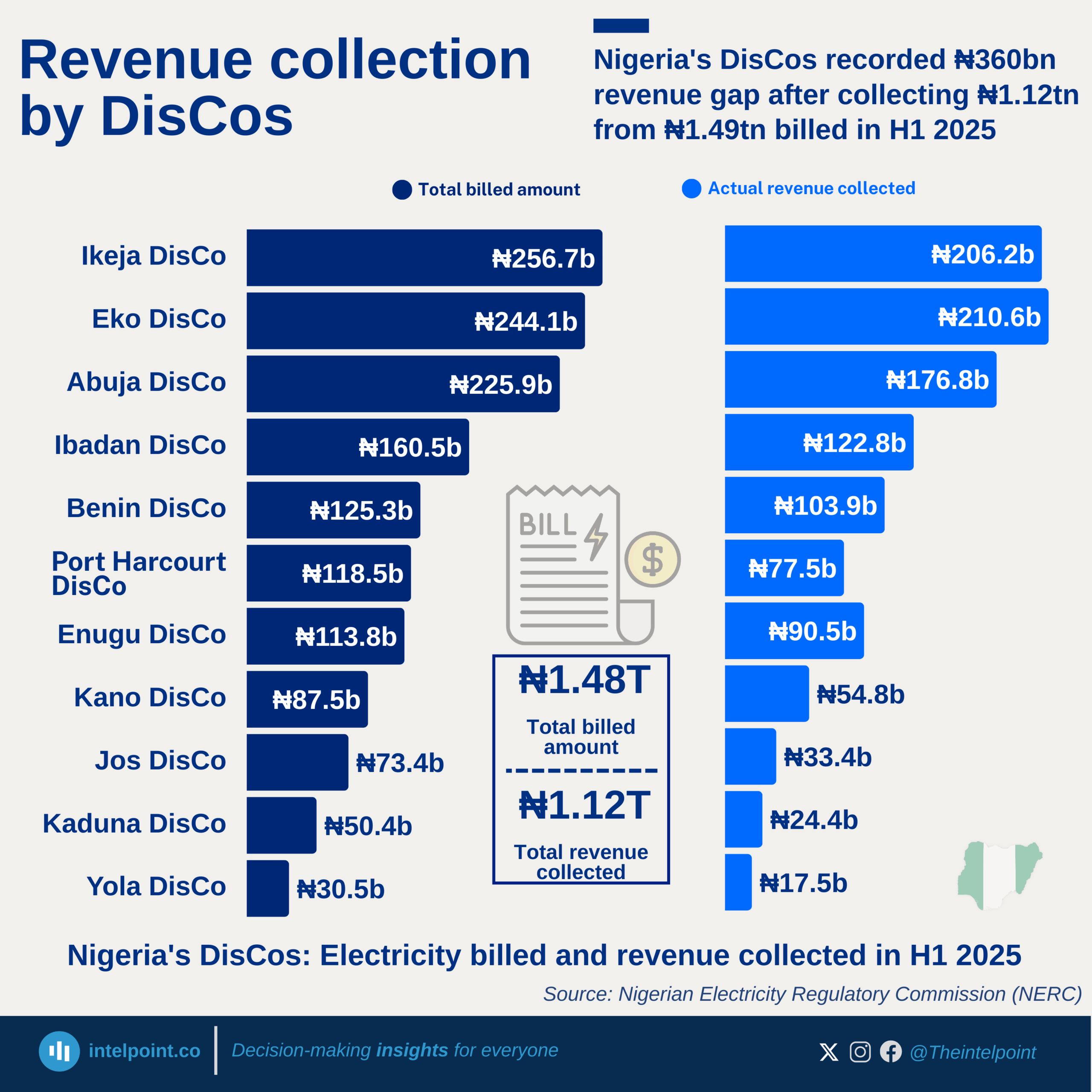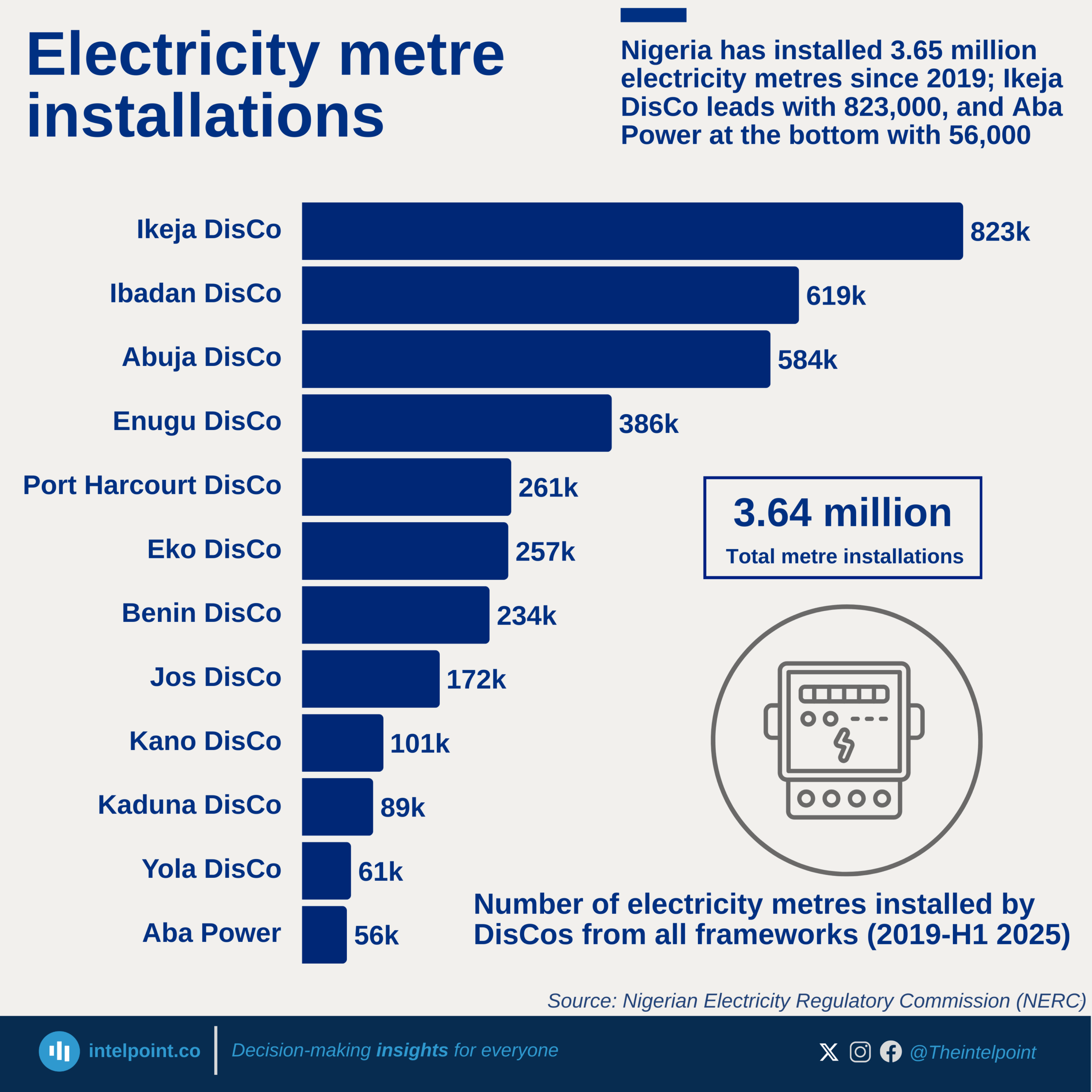The Federal Capital Territory (FCT), often praised for having the best road network in Nigeria with wide, smooth, and well-maintained roads, ironically records the highest number of road accidents in the country. Between Q3 2020 and Q3 2024, the FCT accounted for 12.42% of all reported road accidents.
Other states that consistently report high accident figures include Ogun, Nasarawa, and Kaduna.
Within the FCT, particular concern has been raised about the Karu Bridge, which has witnessed frequent crashes, many involving trailers suffering brake failure, especially during rush hour traffic. Areas such as Nyanya and Wuse have also been hotspots for serious accidents. A similar pattern of frequent, often fatal accidents is observed in Ogun State, further emphasising the need for stricter safety enforcement and vehicle maintenance regulations in these high-risk zones.
